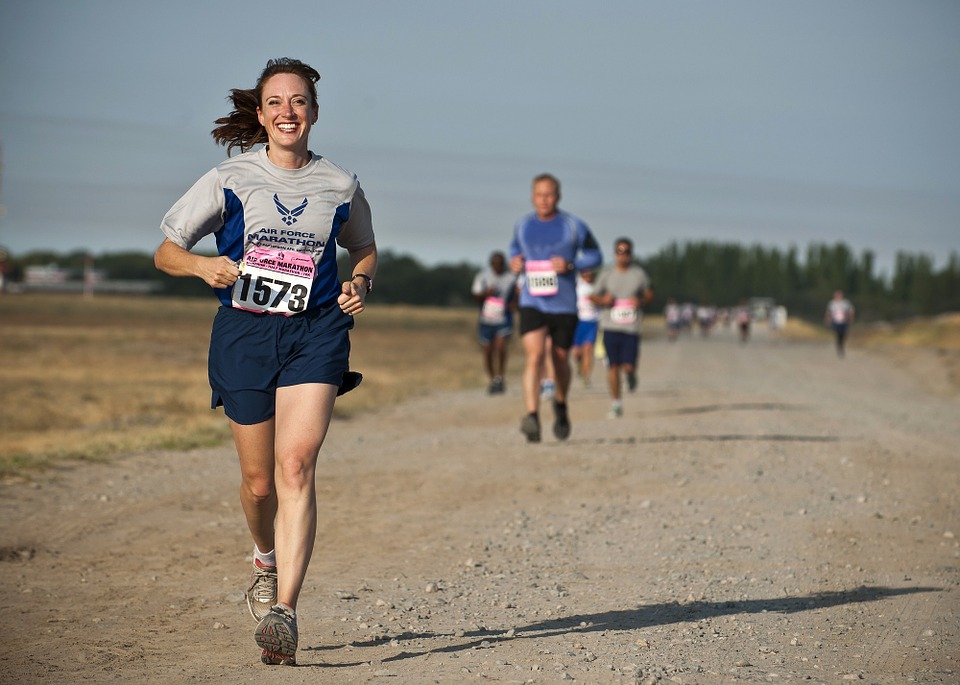It would be incorrect to start a rumour suggesting that regular exercise wasn’t good for our health – even dangerous, should enough people believe it. But the question of how beneficial exercise is for our teeth is an interesting one, because, really, it’s not entirely great for them. Like anything though, there are both pros and cons, and it doesn’t take much more than knowing a few key facts – and addressing them – to maintain better oral health over time.
Lower risk of gum disease
We know that regular exercise is great for maintaining a healthy weight, and strengthening muscle groups – even helping to stay mentally strong too. But a study published in the Journal of Periodontology, in America, also found that subjects who maintained a healthy weight also had a lower risk of developing periodontitis. While this isn’t good for the teeth specifically, it’s pretty darn great for the gums that support them.
But risks of cavities remain
Why is nothing ever simple, eh? Another survey, this one conducted on the other side of the Atlantic, in Germany, found a surprising correlation between tooth cavities – and athleticism. It was, in fact, those who exercised more often that were found to have a higher frequency of tooth cavities. While the study did not prove exactly why this had occurred, it did suggest the following reasons:
- Sports drinks – not only are some of these drinks full of sugar, but also other acids which can be harmful to teeth and tooth enamel. Plus, during and after exercise, we tend to be hydrated, and the saliva in the mouth is reduced. This, in turn, exposes the teeth to the liquid we drink in order to restore our electrolytes.
- Open mouth breathing – as we naturally tend to breath with our mouth open, particularly during strenuous exercise, this dries out the saliva in our mouths. Essentially, the impact of exercise here is that it reduces the impact of our own bodies’ natural defence against tooth decay.
An increased risk of teeth grinding
Another negative aspect of exercising, when it comes to your teeth, is bruxism. You’ll know this more as what you may find yourself doing while waiting on hold to sort out your broadband connection. Or what athletes are unfortunately susceptible to when they’re exercising. Tooth grinding can wear down enamel, open up the teeth to bacteria, and cause permanent damage to the teeth.
While enamel loss is unfortunately irreversible, several orthodontic treatments are available to repair the appearance of teeth that have been damaged – even from exercise. Composite bonding from Ten Dental, for instance, can repair chipped teeth – which can be one result of excessive tooth grinding.
A better diet for oral health
Although it’s perfectly possible, it’s more unlikely that a poor diet will go hand in hand with a great exercise regime. Calcium-rich foods, such as yoghurt, tofu, and leafy green vegetables are great for optimum oral health.
Vitamin C, found in many fruits and vegetables, plus phosphorus, in the form of lean meat, nuts and beans, can all play a part in maintaining positive oral health. Ultimately, it seems that even exercise can have some negative implications for our health, overall – but the positives still seem to outweigh the negatives.

